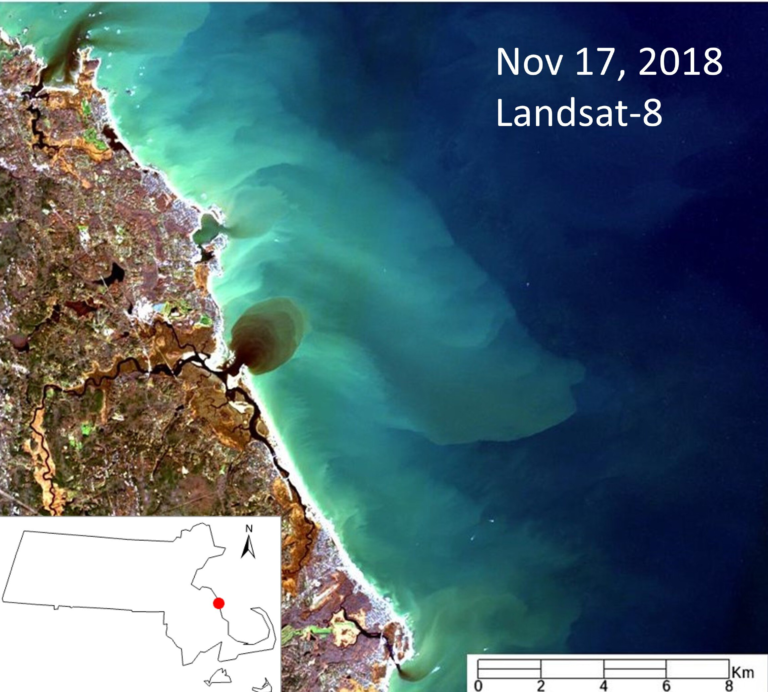Global Health Takes a Massive Hit as Climate Inaction Kills Millions Every Year

New findings from the latest annual report by the Lancet Countdown on Health and Climate Change show a stark and growing reality: our continued dependence on fossil fuels and the abundant delay in adapting to climate change are costing lives, health and livelihoods — and it’s happening right now.
A clear warning backed by numbers
According to the 2025 report — built by 128 experts across 71 academic institutions and UN agencies — 12 of its 20 tracked health-and-climate indicators are now at unprecedented levels. The data tells an urgent story: since the 1990s, the rate of deaths caused by heat exposure has surged by about 23%, reaching roughly 546,000 deaths per year on average between 2012 and 2021.
At the same time, wildfire smoke in 2024 alone is estimated to have been linked with 154,000 deaths, setting a new record. Also striking is that the global average potential for transmission of vector-borne diseases like dengue has increased by up to 49% compared to the 1950s. The report directly attributes around 2.5 million deaths each year to air pollution from burning fossil fuels.
The economic toll and policy context
But it’s not just lives being lost: there is a heavy economic cost too. In 2024, heat exposure translated into about 639 billion lost labour hours globally — equivalent to income losses of roughly US$1.09 trillion (close to 1% of global GDP). The health cost for people aged 65 and over due to heat-related deaths reached an all-time high of around US$261 billion.
Meanwhile, governments continue to funnel funds into fossil fuels rather than full-scale transition. In 2023, they spent approximately US$956 billion in net fossil-fuel subsidies. In 15 of the 87 largest emitting countries (which together account for about 93% of global CO₂), these subsidies exceeded their entire national health budgets in the same year.
On the fossil-fuel supply side, the world’s 100 largest oil and gas companies have expanded production plans as of March 2025, which if realised would far exceed the levels compatible with a safe 1.5 °C warming scenario — by nearly three times. Adding to that, private banks funnelled about US$611 billion in 2024 into fossil-fuel sector finance, up 29% from 2023 — surpassing their lending to the green sector by about 15%. At the same time deforestation advanced: 128 million hectares of forest were destroyed in 2023, up 24% since 2022 — eroding one of our planet’s natural defences against climate change.
Vulnerable regions and energy inequality
The report emphasises that adaptation delays — especially in low-income countries — are escalating health harms. More than 2 billion people still rely on polluting fuels at home (for cooking and heating), with 65 low-access countries reporting household air pollution causing around 2.3 million avoidable deaths in 2022.
When it comes to clean energy access: low-income countries have just 3.5% of their electricity from modern renewables, compared to 13.3% in wealthy countries. At the same time, 88% of households in poorer countries still rely on biomass fuels, like wood or charcoal, for cooking. The burden falls hardest on those who contributed least to the crisis but face the worst impacts.
Some wins — but much more needed
It’s not all negative. The report documents positive outcomes where action is being taken. For example, the shift away from coal in wealthier nations between 2010–2022 is estimated to have prevented around 160,000 premature deaths per year by reducing particulate air pollution.
In the energy transition, modern renewables supplied about 12% of global electricity in 2022 (a record), and by 2023 about 16 million people were employed either directly or indirectly in renewables — up 18.3% from 2022. Cities are getting active, too: of 858 cities reporting in 2024, 834 have completed or plan to complete climate-risk assessments. The health sector is contributing as well: health-care greenhouse-gas emissions dropped approximately 16% globally between 2021 and 2022, and nearly two-thirds of medical students worldwide received formal education on climate and health in 2024.
These examples show that climate-friendly, health-promoting action is possible, and it is already saving lives.
Why this matters for you and me
For readers, the takeaway is straightforward but powerful: climate change isn’t a distant threat — it’s already affecting our health systems, our daily lives and the future of humanity. The data from this report links the dots clearly between fossil-fuel use, extreme heat, air pollution, vector-borne diseases and human health outcomes.
If you live in or travel to a region with heat waves, poor air quality or high exposure to wildfires, the report suggests these aren’t just isolated events. They are part of a global trend driven by climate inaction. On a broader level, the widening inequality in who suffers the most — and who has the least access to clean, safe energy and adaptation support — means that global efforts to manage this crisis must include a strong justice and health lens.
What can be done — and what the report recommends
The report calls for “all hands on deck” to accelerate efforts both to reduce greenhouse-gas emissions (especially by phasing out fossil fuels) and to scale up adaptation in health systems, cities and communities. Specifically:
- Rapidly phasing out fossil-fuel use, which remains the most powerful lever to slow climate change, reduce air pollution and protect lives.
- Transitioning to healthier, climate-friendly diets and sustainable agricultural systems, which the authors say could save over 10 million lives a year by cutting pollution, greenhouse gas emissions and deforestation.
- Strengthening the health sector’s resilience, including cooling infrastructure, emergency preparedness, and capacity to deal with climate-sensitive diseases.
- Redirecting fossil-fuel subsidies toward healthier futures — for example investing in local renewable energy generation to deliver cleaner air and stronger communities.
- Prioritising adaptation finance and support for low- and middle-income countries, many of which face the greatest risks with the fewest resources.
- Empowering cities, communities, civil society and the health sector to lead change from the ground up, because local actions are already proving that solutions exist and can scale.
Final words
This year’s Lancet Countdown report leaves no room for complacency. It lays out clear evidence that climate inaction is already exacting a heavy toll on human health and global economies. At the same time, it presents real-world evidence that action works, lives are being saved, jobs are being created — but the pace and scale must increase dramatically.
For bloggers, policy-makers, health-care workers, city planners and everyday citizens: the message is urgent and consistent — our world’s health depends on tackling the climate challenge head-on. Let’s act before the next wave of preventable harm sweeps even further.
Link to the research paper: https://doi.org/10.1016/S0140-6736(25)01919-1





